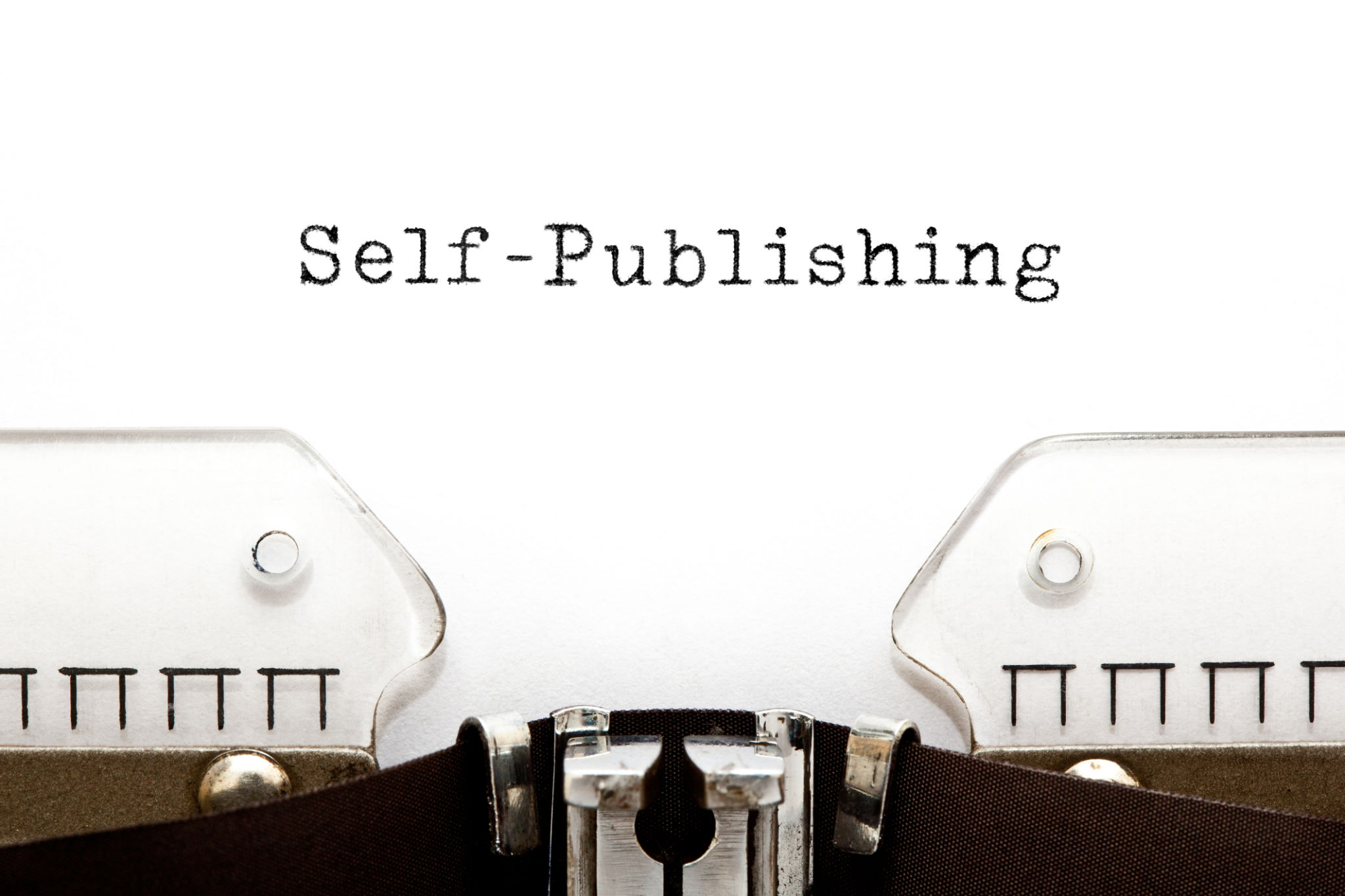How Digital Publishing Trends are Shaping the Future of Literature
The Rise of E-books and Audiobooks
The digital revolution has significantly transformed the way we consume literature. E-books have become increasingly popular, offering readers the convenience of carrying an entire library in a single device. The rise of audiobooks has also added a new dimension to how people experience stories, catering to those who prefer listening over reading.
This shift towards digital formats has not only broadened access to literature but also introduced new opportunities for authors to reach a global audience. With the click of a button, readers can instantly download their favorite books, making literature more accessible than ever before.

Self-Publishing: Empowering Authors
One of the most significant impacts of digital publishing is the rise of self-publishing. Authors now have the power to publish their work without relying on traditional publishing houses. Platforms like Amazon Kindle Direct Publishing and Smashwords have democratized the publishing process, allowing writers to share their stories with the world.
This trend has led to a more diverse range of voices and stories being published, as authors are no longer constrained by the gatekeepers of the industry. Self-publishing has also created a new avenue for authors to build their brand and connect directly with their audience.

Interactive and Enhanced Content
Digital publishing is not limited to simply converting printed books into e-books. It also enables the creation of interactive and enhanced content. Publishers are experimenting with multimedia elements such as videos, animations, and hyperlinks to enrich the reading experience.
This interactive approach is particularly appealing to younger audiences who are accustomed to multimedia content. Enhanced e-books can offer a more engaging and immersive experience, potentially attracting new readers who might not have been interested in traditional formats.

Subscription Models and Access
The success of streaming services in other media has inspired similar subscription models in digital publishing. Platforms like Scribd and Kindle Unlimited offer readers unlimited access to a wide range of books for a monthly fee. This allows avid readers to explore more titles without worrying about individual purchase costs.
Subscription models are reshaping consumer behavior, encouraging more frequent reading and exploration of different genres. For publishers and authors, these models provide a steady revenue stream and increased exposure to potential fans.

The Role of Artificial Intelligence in Publishing
Artificial intelligence (AI) is playing an increasingly important role in digital publishing. AI tools are being used to analyze reader preferences, recommend books, and even assist in the editing process. This technology helps publishers understand market trends and tailor their offerings to meet reader demands.
Moreover, AI is enhancing the discoverability of literature by improving search algorithms and personalized recommendations. As AI technology continues to evolve, it will further influence how literature is marketed and consumed.

Challenges and Opportunities Ahead
While digital publishing presents numerous opportunities, it also poses certain challenges. The sheer volume of available content makes it difficult for authors to stand out. Ensuring quality control in self-published works can also be a concern for readers.
However, these challenges are accompanied by opportunities for innovation. As digital publishing platforms continue to evolve, they offer new ways for authors to connect with readers, experiment with storytelling formats, and expand their reach globally.
The future of literature is being reshaped by these digital trends, promising a vibrant and diverse literary landscape that caters to the evolving preferences of modern readers.